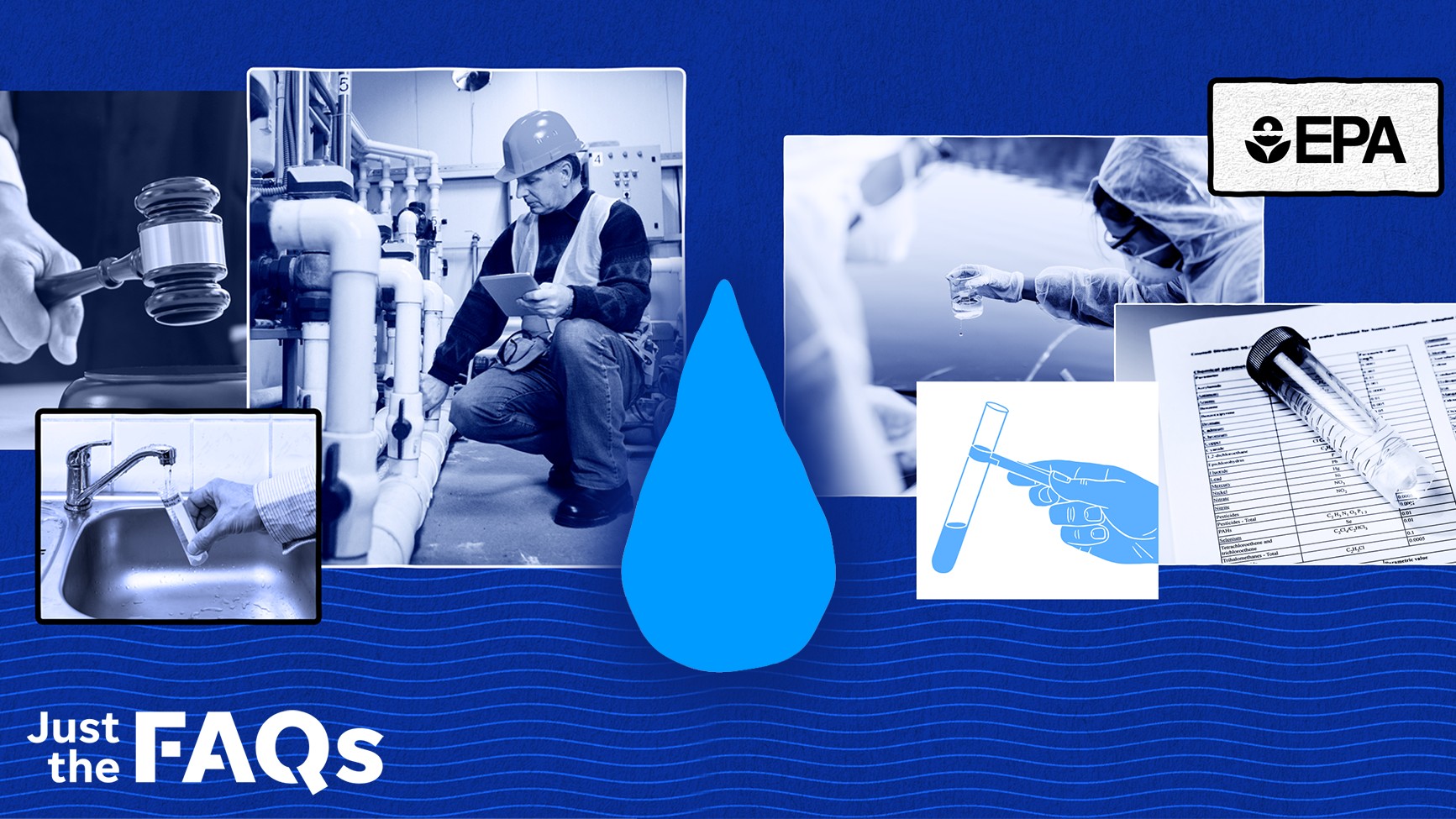Water is essential for life, and staying hydrated is crucial for maintaining bodily functions. While there are various types of water available, distilled water is often considered the purest form. However, despite its purity, distilled water is not the best choice for your daily hydration needs. This article explores Why Distilled Water Is Not Suitable For Drinking regularly, delving into its properties and potential drawbacks.
What is Distilled Water?
Distilled water is a type of purified water that has undergone a distillation process. This process involves boiling water and then condensing the steam back into liquid form. The steam leaves behind impurities like minerals, salts, and organic materials, resulting in water that is exceptionally pure. Essentially, distillation strips water down to just H₂O.
 Close-up of water boiling in a pot, illustrating the distillation process.
Close-up of water boiling in a pot, illustrating the distillation process.
The Drawbacks of Drinking Distilled Water
While the purity of distilled water might seem appealing, it is this very characteristic that makes it less than ideal for drinking. Here are the primary reasons why distilled water is not recommended as your main source of hydration:
Lack of Essential Minerals
Our bodies require minerals like calcium, magnesium, and potassium for various physiological processes, from nerve function to bone health. Tap water and many bottled water brands naturally contain these beneficial minerals. Distillation, in its purification process, removes these naturally occurring minerals. Drinking distilled water means you are missing out on a potential source of these essential nutrients. While a balanced diet should be your primary source of minerals, water can contribute to your daily intake, and distilled water offers nothing in this regard.
Flat Taste and Reduced Palatability
The minerals present in tap water and mineral water not only contribute to our health but also influence the taste of water. Distilled water, devoid of these minerals, is often described as having a flat or bland taste. This lack of taste can make it less appealing to drink, potentially leading to reduced water consumption and inadequate hydration. Taste plays a significant role in our drinking habits, and water that tastes unpleasant is less likely to be consumed in sufficient quantities.
Potential for Mineral Leaching
Distilled water, being devoid of minerals, is sometimes referred to as “hungry water.” This term suggests its tendency to attract and absorb substances to achieve equilibrium. When you drink distilled water, it can theoretically leach minerals from your body, including teeth and tissues. While the extent of this leaching is debated and likely minimal with a balanced diet, consistently drinking mineral-free water could potentially contribute to mineral deficiencies over time, especially if your dietary mineral intake is not optimal.
When Distilled Water Might Be Acceptable
Despite its drawbacks for regular consumption, distilled water is not entirely without its uses. In situations where tap water is contaminated with harmful chemicals or pollutants, distilled water can be a safer short-term alternative. It is also commonly used in appliances like steam irons and humidifiers to prevent mineral buildup. Furthermore, for specific short-term uses like cleansing sinuses with a Neti pot, the purity of distilled water is beneficial in minimizing irritation.
Better Alternatives for Hydration
For daily hydration, mineral-rich water sources are generally more beneficial. Tap water, in most developed countries, is safe and contains naturally occurring minerals. Alternatively, consider mineral water or spring water, which are also good sources of hydration and minerals. If you are concerned about the purity of your tap water, using a good quality water filter can remove contaminants while retaining beneficial minerals, offering a balanced and healthy hydration option.
Conclusion
In conclusion, while distilled water is pure and safe to drink, it is not the most suitable choice for regular hydration. Its lack of essential minerals, flat taste, and potential for mineral leaching make it less advantageous compared to mineral-rich water sources like tap water or mineral water. Prioritizing water that naturally contains minerals ensures you are not only staying hydrated but also contributing to your daily mineral intake, supporting overall health and well-being. For optimal health, choose water that nourishes as well as hydrates.
